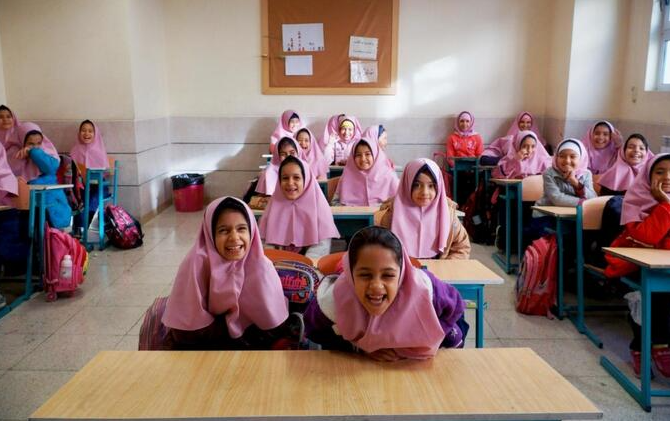Iran is preparing to implement a ban on English language classes in primary schools, citing concerns over Western cultural influence. Mehdi Navid-Adham, head of Iran’s High Education Council, announced the move, stating, “Teaching English in government and nongovernment primary schools in the official curriculum is against laws and regulations.”
The ban is likely to have the most significant impact on private schools, where early English education is more commonly offered. The decision aligns with the government’s broader efforts to resist what it views as a “cultural invasion” from the West.
Also Read: India’s Odisha State Responds to Avian Flu with Widespread Chicken Culling
Critics argue that this move could hinder students’ global competitiveness and limit access to a key language used in science, technology, and international business. However, Iranian officials maintain that the measure is necessary to preserve national culture and identity. The ban is part of a larger initiative aimed at reducing Western influences within the country’s educational system.
Key Points:
- Ban on English: Iran plans to ban English language classes in primary schools to counter perceived Western cultural influence.
- Official Statement: Mehdi Navid-Adham, head of Iran’s High Education Council, emphasized that teaching English in primary schools violates national laws and regulations.
- Impact: The ban will primarily affect private schools, which often offer early English education.
- Cultural Preservation: The move is part of a broader effort by the Iranian government to reduce Western influence and protect national culture and identity.
- Criticism: Opponents argue that the ban could limit students’ global competitiveness and access to opportunities in science, technology, and international business.



